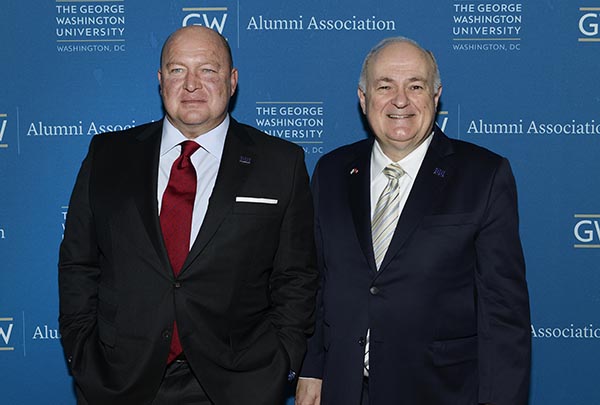The University announced an exchange program with a Turkish university this week, which will let students study in Istanbul for up to one year.
University President Steven Knapp spent last week in Turkey, and announced the partnership as a chance to draw more GW students to Turkey, strengthen ties with the country’s 200-person alumni base and “open the door to many further kinds of collaborations.”
“It’s a very strong university and one of the top in Turkey,” Knapp said in an interview Wednesday. “We have students right now studying there. I think we can expand what we’re doing to include more students.”
The partnership with Koç University will also help GW form ties with Turkey’s wealthiest family, the school’s namesake. Billionaire Mustafa Koç, whose grandfather started the university, also has a GW connection: He graduated from the GW School of Business’ master’s program in 1984.
“Our school keeps graduating the next generation of leaders,” Koç said in a release. “GW, being at the heart of Washington, provides its students and faculty with unparalleled opportunities to study and work alongside leaders and practitioners in government institutions, agencies, associations, foundations and think tanks.”
Parents of a GW student also hosted an alumni reception at their modern art museum, where Knapp spoke about “importance of Turkey as a crossroads to civilization.” Knapp said Turkish high school counselors who send students to GW also came to the event.
Knapp, who traveled with Director of the Graduate School of Political Management Mark Kennedy, said he spoke with many parents and potential students about the Corcoran and GW’s connections to the art world.
Because Turkey is a secular but predominantly Muslim country, its historic art consists mainly of rugs and textiles due to an Islamic ban on other types of art. That puts GW in an interesting position, since its Textile Museum is about to open on campus.
“Given our Textile Museum, where there’s a strong tradition of textile arts, there are multiple things our students can benefit from, and we want to develop those relationships,” Knapp said.
Koç is now chairman of the board of Koç Holding, a conglomerate made up of consumer goods, energy, automotive and finance companies. Koç also owns a marine construction company that started building six war ships last year, according to Forbes.
Knapp also used the trip to speak at a conference that was part of a three-way partnership between GW, Bogazici University in Istanbul and Al Akhawayn University in Morocco, which focuses on the humanities.
He said starting an exchange program with Koç University will help GW broaden its connections to alumni abroad.
“It’s a great benefit to alumni because they become part of global network who can support them,” Knapp said. “It’s really worth cultivating these relationships, but it is a challenge because of the geography of course.”








